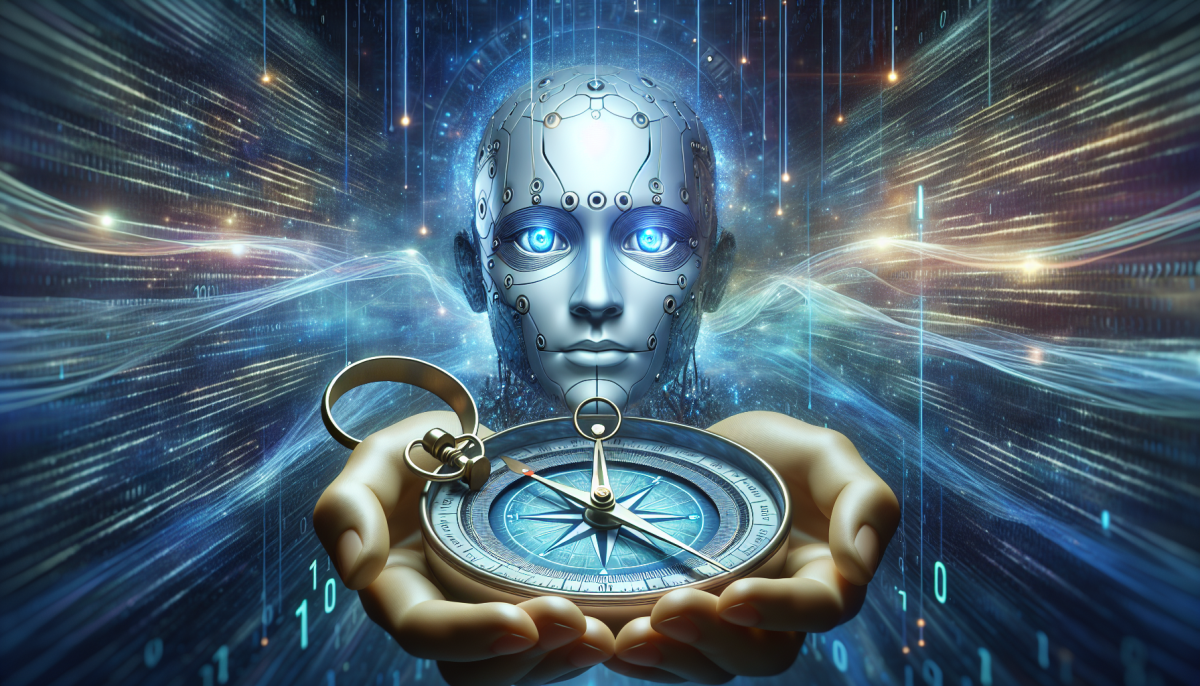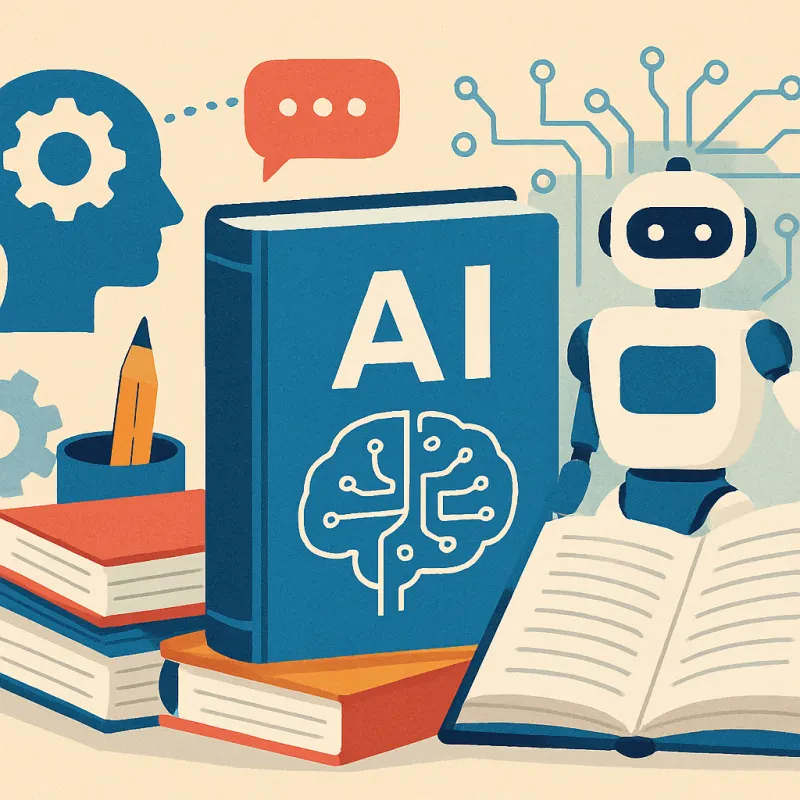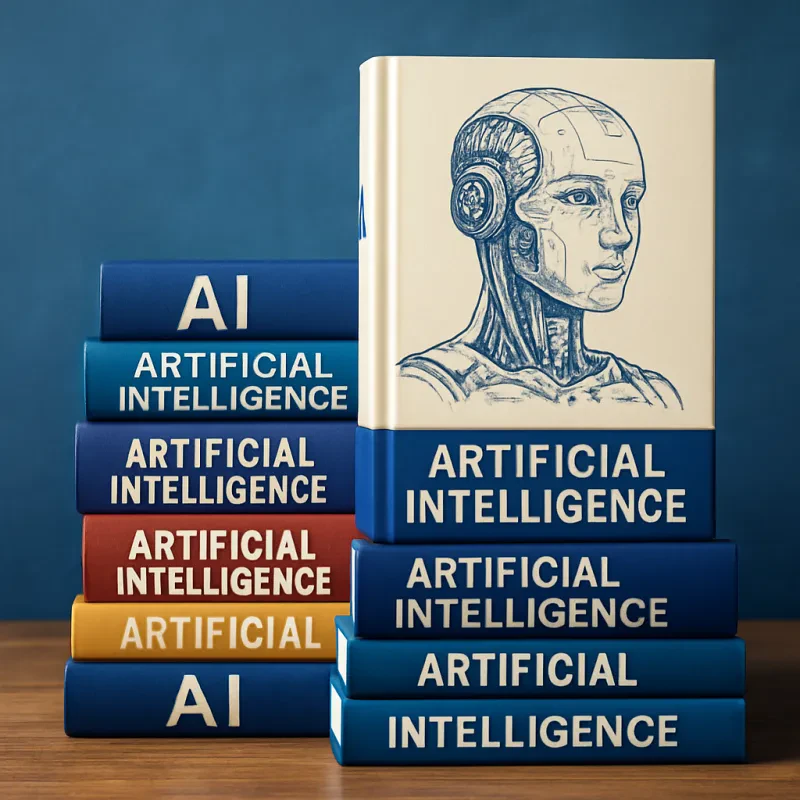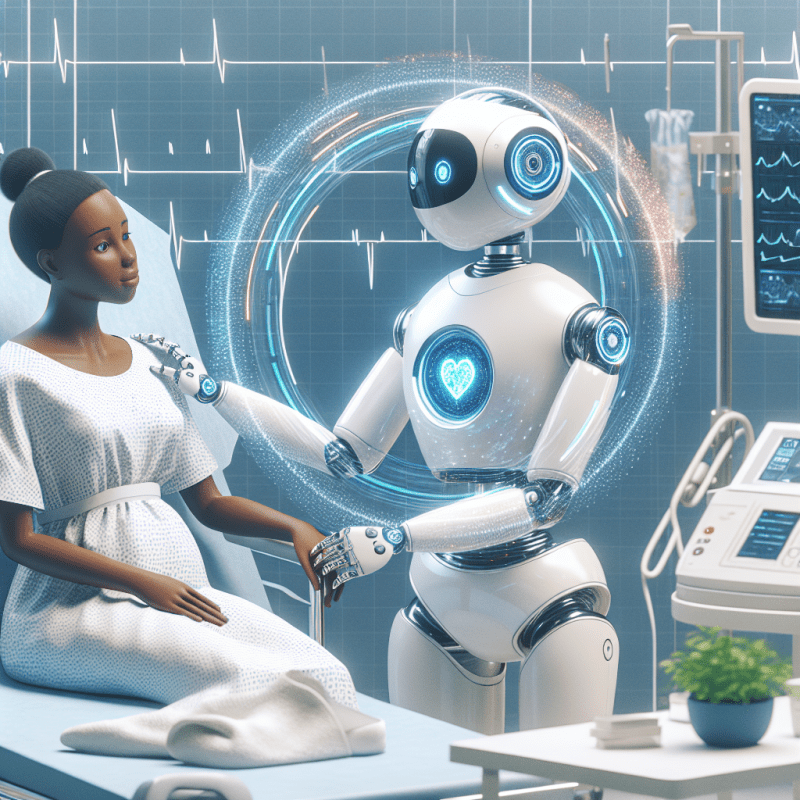AI ethics is all about making sure that as we develop artificial intelligence, we do it in a way that’s fair, responsible, and respectful of all people. It’s like having a set of ground rules that protect us from unintended consequences and keep things in check. When we chat about AI, we aren’t just talking about robots taking over the world. We're looking at how decisions made by AI can impact our lives in big ways.
One huge part of AI ethics is fairness. We want to make sure that AI systems treat everyone equally and don’t make biased decisions. This means thinking about the data fed into these systems. If the data is biased, the AI can be, too. For example, if a hiring tool favors certain backgrounds over others, that’s a problem. Transparency is key here. We need to know how these systems work and what influences their decisions.
Another important issue is privacy. With AI collecting and analyzing tons of data, it’s essential to respect people’s personal information. We all want control over who sees our data and how it’s used. This means building AI that respects privacy rights and ensures data security. Technology should empower us, not invade our personal spaces.
Finally, accountability is crucial in AI ethics. When an AI system makes a mistake, who is responsible? It's important for companies to be clear about who’s behind the technology and how they handle errors. If an AI causes harm, there should be a clear path to address the issues. Having strong regulations and guidelines in place can help ensure that companies take their responsibilities seriously while developing AI technologies.
Key Challenges in AI Development
Developing AI comes with its own set of challenges that can feel overwhelming at times. One big issue is data bias. If the data used to train AI models reflects existing biases in society, the AI might make unfair or skewed decisions. This is a major concern when it comes to areas like hiring, law enforcement, and even healthcare.
Another challenge is transparency. Many AI systems operate as black boxes, meaning it's tough to understand how they make decisions. This lack of clarity can cause mistrust among users and stakeholders. If people can't see how AI comes to its conclusions, they're less likely to trust its recommendations or actions.
Then there's accountability. When AI makes a mistake, who’s responsible? Is it the developers, the companies that use the technology, or the users? This is murky territory, and as AI becomes more integrated into our daily lives, clarifying accountability is essential.
Finally, there’s the constant battle for regulation versus innovation. Striking the right balance is tricky. Too many rules might stifle creativity and slow down advancements, while too few could lead to harmful outcomes. Finding common ground in this debate is crucial for navigating the future of AI.
Real World Examples of Ethical AI
In today's world, ethical AI isn’t just a buzzword; it’s taking shape in real-life applications. Companies are stepping up and using AI in ways that respect privacy, promote fairness, and enhance human decision-making. Let’s look at a few examples where ethical AI makes a positive impact.
Consider a healthcare company using AI to analyze patient data. They develop algorithms that not only predict health risks but also do so without using biased data. By focusing on fairness, they help doctors make better treatment decisions for everyone, regardless of background. This approach ensures that AI tools enhance healthcare rather than create disparities.
Another example comes from the finance sector. Some banks have adopted AI systems designed to detect fraud while keeping customer data secure. These systems focus on transparency, letting customers know how their data is used and giving them control over it. This builds trust with clients and shows that the bank cares about their privacy.
In education, AI is helping create personalized learning experiences. Companies are using ethical AI to assess students' needs without labeling them. This means students get tailored lessons that suit their unique learning styles, helping them succeed without the fear of being stigmatized. It’s a friendly way to use tech to uplift and empower young minds.
These examples highlight how ethical AI can make a real difference. By putting people first, the tech world can create solutions that are not only smart but also responsible and fair. As we look ahead, the focus on ethical AI will continue to shape how we interact with technology every day.
Looking Ahead in AI Ethics Trends
AI ethics is evolving, and keeping an eye on upcoming trends is super important. One trend we’re seeing is a stronger push for transparency. People want to know how AI systems make decisions. They’re not just okay with the “black box” approach; they want insights into why and how AI works.
Another big deal is fairness in AI. As AI technologies become more mainstream, there’s growing concern about bias in algorithms. Developers are starting to take this seriously, putting in the effort to create systems that are fair and unbiased. This is crucial because no one wants an AI system that makes decisions based on flawed assumptions or skewed data.
Accountability is also on the rise. Companies and developers need to take responsibility for their AI tools. There’s a call for better guidelines and regulations to ensure that creators are held accountable for the outcomes of their systems. People want to see actual consequences if an AI makes a mistake. It’s all about building trust with users.
Lastly, we can’t forget about the ethical use of AI in employment. Automation is changing the job landscape. As AI takes over some tasks, it’s important to think about how to reskill workers and create opportunities. AI should enhance our work lives, not diminish them.



